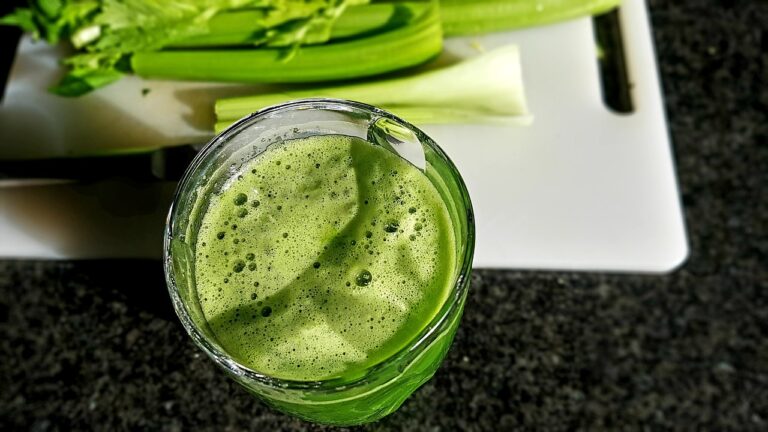The Impact of Nutrition on Physical Performance
Physical performance is greatly influenced by an individual’s level of fitness and conditioning. Regular exercise and training play a crucial role in enhancing strength, endurance, flexibility, and overall athletic performance. A well-rounded fitness regimen that includes both cardiovascular and strength training exercises can contribute to improved physical capabilities.
Another key factor that affects physical performance is the quality of sleep and rest that an individual receives. Adequate rest is essential for muscle recovery, energy restoration, and overall body function. Lack of sleep can lead to decreased physical performance, cognitive impairment, and increased risk of injuries during physical activities. Prioritizing sufficient rest and sleep is important for maintaining optimal physical performance levels.
Types of Nutrients Essential for Optimal Performance
Ensuring optimal physical performance requires adequate intake of essential nutrients. Proteins play a crucial role in muscle repair and growth, making them vital for athletes and individuals engaging in regular physical activity. Sources of high-quality proteins include lean meats, poultry, fish, dairy products, legumes, and nuts. Carbohydrates are another key nutrient as they provide the body with energy, especially during intense workouts. Whole grains, fruits, and vegetables are excellent sources of carbohydrates that can sustain energy levels during physical activities.
In addition to proteins and carbohydrates, fats are also important for optimal physical performance. Healthy fats, such as those found in avocados, nuts, and olive oil, support overall health and provide a concentrated source of energy for endurance exercises. Including a variety of nutrients in one’s diet, along with staying properly hydrated, can help individuals perform at their best during physical activities and sports.
What are the factors that affect physical performance?
Factors that can affect physical performance include nutrition, hydration, rest, training regimen, genetics, and overall health.
Why is nutrition important for optimal performance?
Nutrition provides the body with the necessary nutrients it needs to function properly and perform at its best. Without proper nutrition, physical performance can suffer.
What are the types of nutrients essential for optimal performance?
The types of nutrients essential for optimal performance include carbohydrates, proteins, fats, vitamins, minerals, and water.
How do carbohydrates contribute to optimal performance?
Carbohydrates are the body’s primary source of energy and are essential for fueling muscles during physical activity.
What role do proteins play in physical performance?
Proteins are crucial for muscle repair and growth, as well as for maintaining a strong immune system and overall health.
How do fats impact physical performance?
Fats provide a source of long-lasting energy and are important for hormone production, cell membrane structure, and nutrient absorption.
Why are vitamins and minerals important for optimal performance?
Vitamins and minerals play key roles in various bodily functions, including energy production, muscle function, and recovery. They are essential for overall health and physical performance.
How does hydration affect physical performance?
Proper hydration is crucial for maintaining optimal performance, as water helps regulate body temperature, transport nutrients, and remove waste products from the body.
What can happen if a person does not consume enough nutrients for optimal performance?
Insufficient intake of essential nutrients can lead to fatigue, muscle weakness, poor recovery, decreased immune function, and overall decreased physical performance.





